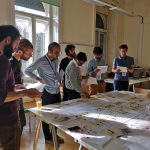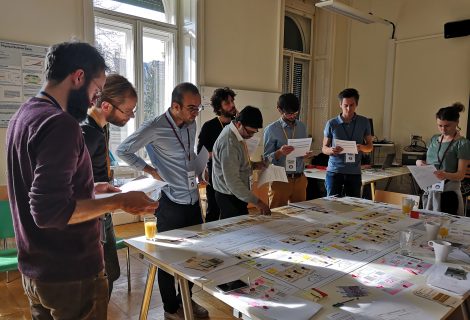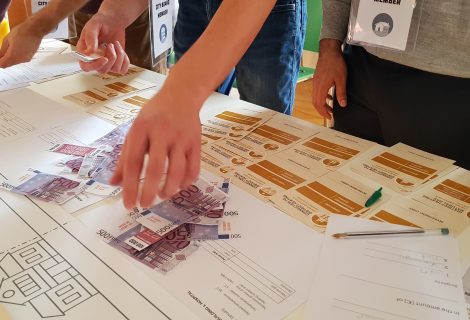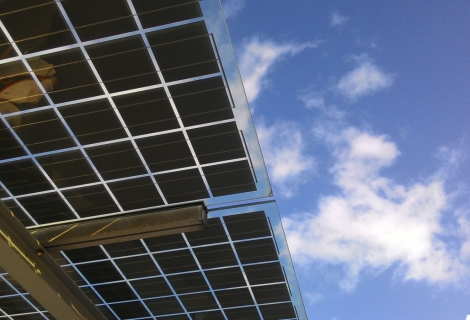Addressing Energy Transition Gaps in Climate and Energy Model Regions of Austria Through Policy Co-Design

Dates:
2017-2019
Funding:
Austrian Climate Research Program (ACRP)
Website:
Contact person:
Countries:
Austria, Poland
Description – essential information
The project was implemented by the International Institute for Applied Systems Analysis in partnership with The Wegener Centre for Climate and Global Change. The main objective of the project was to analyze the existing policy implementation gaps in Austria’s Climate and Energy Models (CEMs) program. The analysis was carried out from three different angles and aimed to further accelerate Austria’s transition to a low-carbon future.
The first angle focused on the underlying contextual factors, including overarching governance landscape and heterogeneous actor group motivation. The second one considered energy transition as a collective action problem. The third angle took into account user-experience and design considerations that facilitate voluntary actions.
To meet the project goals, we conducted interviews with stakeholders and mapped the context of the energy transition in CEM Baden and CEM Freistadt. This data was used to create simulations that address the specific challenges of these two regions, enabled local stakeholders to reflect on their current situation and explored potential solutions to their current problems. In this project, policy exercises was combined with design thinking workshops that will help stakeholders work on the solutions for their current challenges.
The project received funding from the Austrian Climate Research Program (ACRP).
Results
- Creation of two policy exercise designs
- Policy exercise in Freistadt
We invite you to follow the information (news) about the project.





